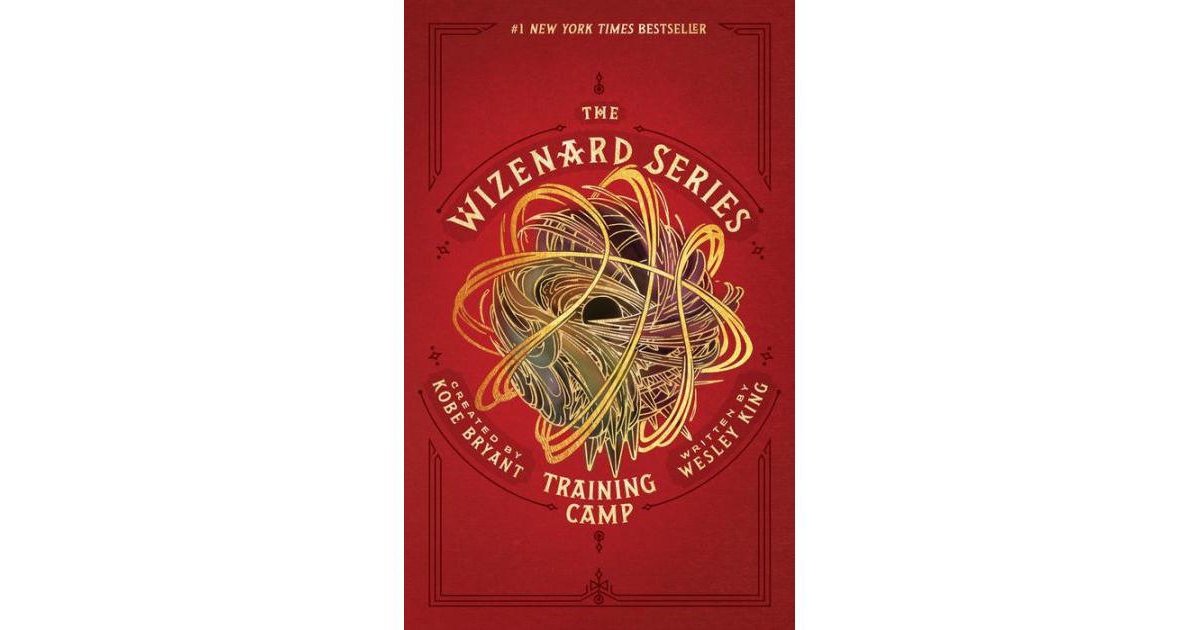Adventures in Computer Science
Best Price (Coupon Required):
Buy Adventures in Computer Science for $36.00 at @ Link.springer.com when you apply the 10% OFF coupon at checkout.
Click “Get Coupon & Buy” to copy the code and unlock the deal.
Set a price drop alert to never miss an offer.
Single Product Purchase
Price Comparison
| Seller | Contact Seller | List Price | On Sale | Shipping | Best Promo | Final Price | Volume Discount | Financing | Availability | Seller's Page |
|---|---|---|---|---|---|---|---|---|---|---|
|
BEST PRICE 1 Product Purchase
|
   |
$39.99 | $39.99 |
|
10% OFF
This deals requires coupon
|
$36.00 | See Site | In stock | Visit Store |
Product Details
The main focus of this textbook is the basic unit of information and the way in which our understanding of this has evolved over time. In particular the author covers concepts related to information, classical computing, logic, reversible computing, quantum mechanics, quantum computing, thermodynamics and some artificial intelligence and biology, all approached from the viewpoint of computer sciences. The book begins by asking the following nontrivial question: what is a bit? The author then discusses logic, logic gates, reversible computing and reversible architectures, and the concept of disorder. He then tries to establish the relationship between three essential questions that justify quantum approaches in computer sciences: the energy required to perform a real-life computation, the size of current processors, and the reversibility of quantum operations. Based on these concepts, the author establishes the conditions that justify the use of quantum techniques for certain kinds of computational tasks, and he uses formal descriptions and formal argumentations to introduce key quantum mechanical concepts and approaches. The rest of the book is formally different, focusing on practical issues, including a discussion of remarkable quantum algorithms in a treatment based on quantum circuit theory. The book is valuable for graduate students in computer science, and students of other disciplines who are engaged with physical models of information and computing.

 Copied
Copied 





